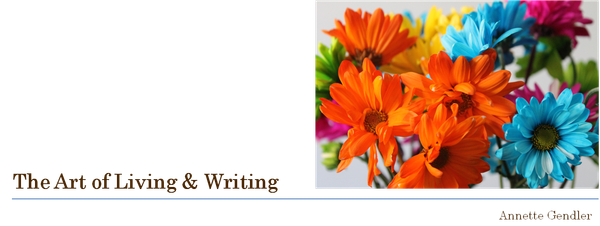Ellen Ritscher Sackett
Meet Guest Blogger Ellen Sackett. She thinks becoming a writer is pretty simple. After reading what she has to say, you might agree.
Writing as My Second Career
By Ellen Ritscher Sackett
One day I decided to be a writer. It was pretty much that
simple. This decision came about following a painful transition in my life away
from my previous career after many years of severe burnout. I needed a new passion.
At that time, I wasn’t yet clear on where my next path would take me, but I
figured I was smart. Something would work out.
The natural next step of perusing job ads turned up big fat
zeros. My two college degrees were in music, for Pete’s sake. My education
didn’t prepare me for anything else — or did it? Those thousands of dollars in
tuition and years of crafting term papers had to count for something.
At least I can write,
I thought.
So just like that, I decided I was a writer, and I would do
what professional writers do. I bought a bunch of books that would tell me how
to go about it. I also took a few online classes and joined a writer’s group. I
didn’t say to myself, “Someday I am going to be a writer,” or, “I hope I can do
this.” Nope. I was a writer. It was a fact.
Around that same time, I had a date with a sweet guy who dreamed
of being a writer. He spent big bucks on a weekly meetings and attended weekend
retreats with a writing coach.”She is just wonderful,” he said. “The best.” So I
asked him, “What kinds of things do you write about?” He stared at me for a
moment, looking perplexed. “Why, nothing,” he said. “That’s why I talk to her.
To figure that out.”
Purging myself of awful prose that could be easily erased or
deleted later seemed better than therapy and, in my opinion, was time better
spent. Reading books, taking classes and seeking advice is important — I get
that — but in their proper time and place. Nothing can replace the actual physical act of getting thoughts out of
one’s head and forming them into words.
Here’s a not-so-secret secret: Writing is much easier when one
has something to say. Initially, food was my favorite subject. I started a blog
and wrote restaurant reviews. Food writing as a profession piqued my interest, but
I discovered that most food writers worth their salt also know quite a bit
about food preparation. While I’m not a highly skilled cook, the blog served my
purposes well. It gave me a creative outlet and a way to share my writing. The
ultimate compliment was when readers would say, “Boy, that really made me
hungry!” Then I knew I had made a connection with them through my words, and that
was more satisfying than any meal.
My second career path has been far from straight. Fast
forward through several years of freelancing, working for newspapers, improving
my skills and shouldering many, many disappointments. It all added up to
experience, and I eventually got there. I mean, here.
Mind you, I didn’t achieve my goals of becoming a
professional writer and magazine editor without lots of support, for which I am
deeply grateful. There were also some genuinely concerned folks who expressed
doubts about my choices, and I thank them, too, for giving me additional
perspectives to consider. But I never once doubted myself. As corny and as
cliché as this may sound, faith and determination have kept me on track.
I’d be lying if I said being a writer is easy because it’s
not. But for me, deciding to be a writer really is as simple as that.
###
A little about me: I’m the
executive editor for Dallas and Houston Hotel Magazines and a special
contributor for The Dallas Morning News.
I served on the staff of the Guide, The
Dallas Morning News’ weekly entertainment magazine and was a part of the
paper’s digital team, dallasnews.com. I’m a former member of Writers and
Critters (WAC), an international online writing group for women where I became
friends with Nancy Julien Kopp. In my spare time, I take care of my menagerie
of four-legged, furry and feathered friends and try to come up with pithy and
sometimes amusing Facebook posts. Thank you, Nancy, for the opportunity to
share a few words on your blog. Feel free to email me at ellen.sackett@gmail.com

.jpg)













